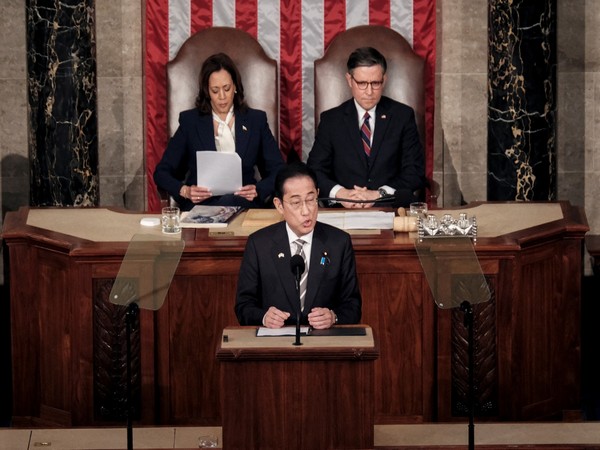Japanese PM Fumio Kishida to Step Down Amid Political Turmoil
Japanese Prime Minister Fumio Kishida announced he will not seek re-election in September due to political scandals and public discontent over rising prices. Kishida's departure triggers a contest for the leadership of the Liberal Democratic Party, impacting Japan’s fiscal and defense policies amid geopolitical tensions and inflation concerns.

Japanese Prime Minister Fumio Kishida announced on Wednesday that he will step down in September, concluding a three-year term plagued by political scandals and public dissatisfaction over rising living costs. "Politics cannot function without public trust," Kishida expressed during a press conference, declaring his decision not to pursue re-election as the Liberal Democratic Party (LDP) leader.
"I will now focus on supporting the newly elected LDP leader as a rank-and-file member of the party," Kishida stated. His resignation initiates a leadership contest to replace him as the head of the LDP, and subsequently, as the leader of Japan, the world's fourth-largest economy.
Recent revelations about the LDP's connections to the controversial Unification Church and unrecorded political donations have eroded Kishida's public support. Additionally, his tenure faced criticism over stagnant wages amid rising costs that Japan experienced as it emerged from years of deflationary pressure.
Political science professor Koichi Nakano from Sophia University compared an LDP incumbent's re-election bid to a grand sumo champion's necessity not just to win but to win gracefully. Any successor will be tasked with uniting the fractious ruling party while addressing rising living costs, geopolitical tensions with China, and the potential return of Donald Trump as U.S. President in 2024.
During his tenure, Kishida led Japan through the COVID-19 pandemic with substantial stimulus spending and appointed Kazuo Ueda as the head of the Bank of Japan, steering away from radical monetary policies. However, the Bank's decision to raise interest rates in July led to stock market instability and a significant drop in the yen's value.
While Kishida introduced policies to boost household incomes, such as wage hikes and promoting share ownership, he maintained predecessor Shinzo Abe's hawkish security stance. He revealed Japan's largest military buildup since World War Two to deter China's territorial ambitions while mending ties with South Korea to enhance security cooperation, particularly against North Korea's threats.
U.S. Ambassador Rahm Emanuel praised Kishida's leadership, noting the strengthened alliance between Japan and the United States. "Under Prime Minister Kishida's steadfast leadership, Japan and the United States have ushered in a new era of relations for the Alliance," Emanuel stated on X, formerly known as Twitter.
(With inputs from agencies.)
ALSO READ
Global CEOs Gravitate to Beijing Amid Geopolitical Tensions
Global CEOs Flock to Beijing Amid Geopolitical Tensions
Geopolitical Tensions and Market Fluctuations: A Global Financial Jigsaw
Germany Shifts Defense Spending Gears Amid Geopolitical Tensions
Putin-Ukraine Peace Talks: Ceasefire Negotiations in Limbo Amid Geopolitical Tensions










